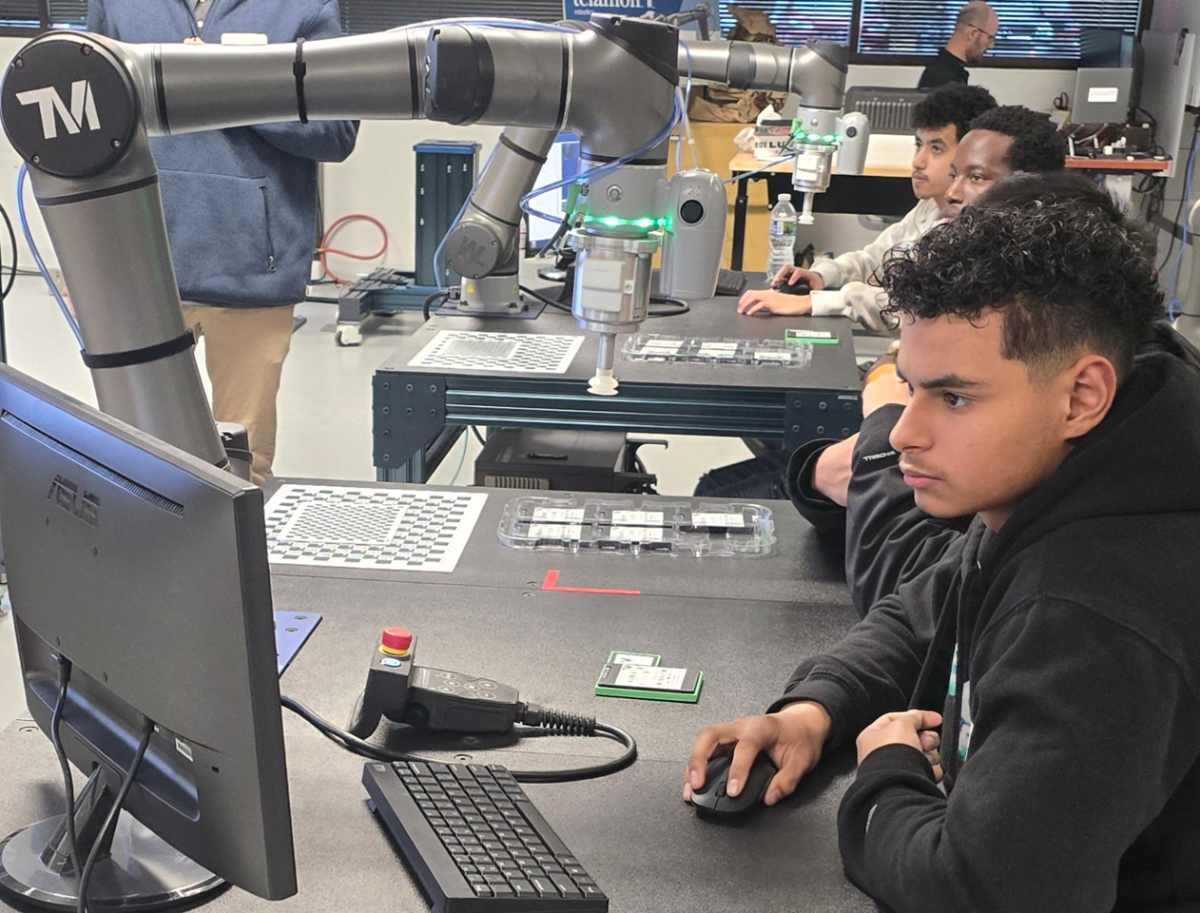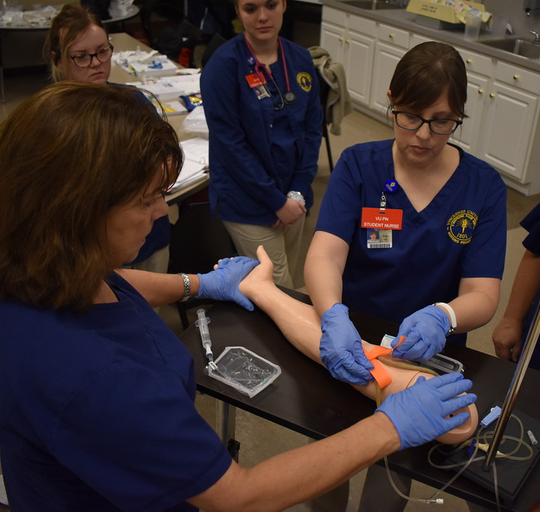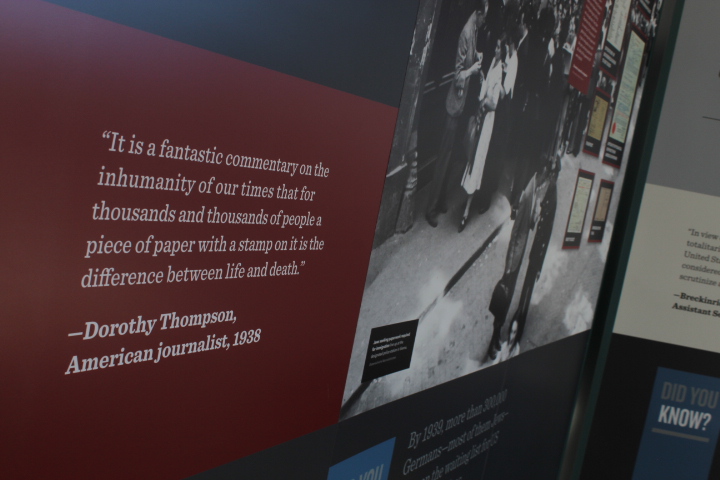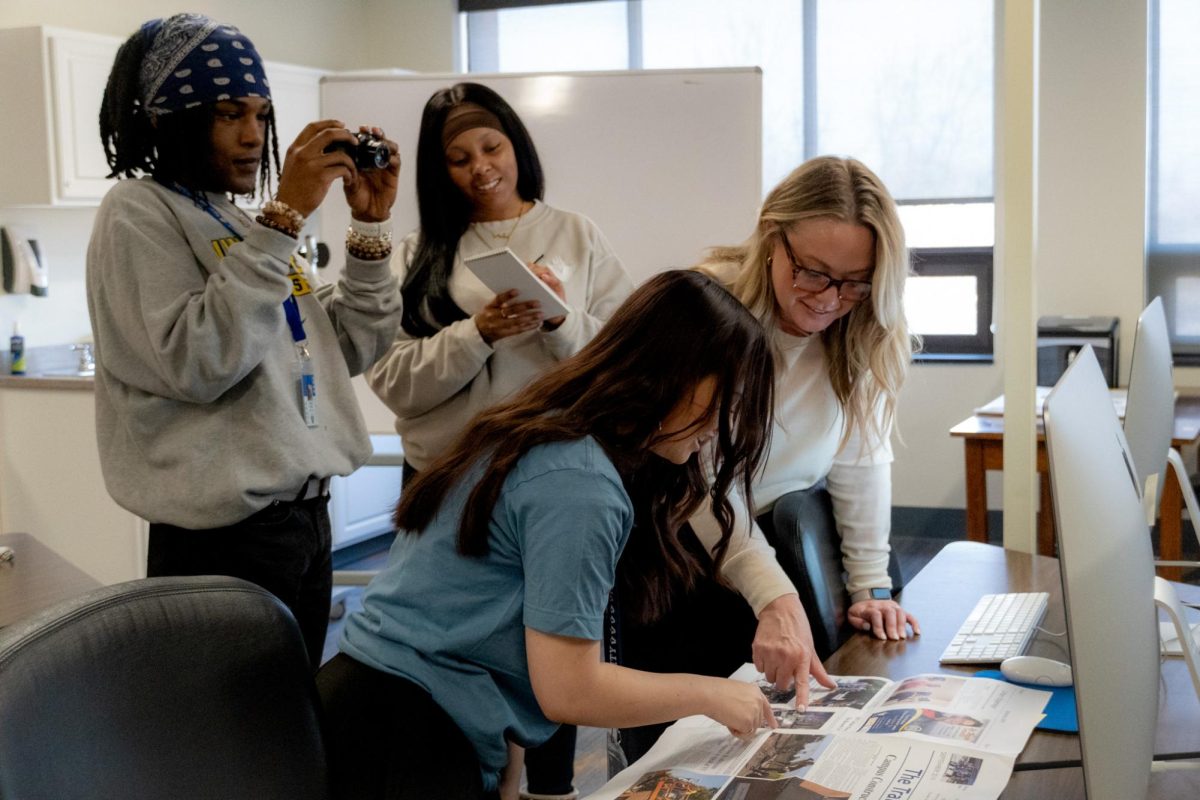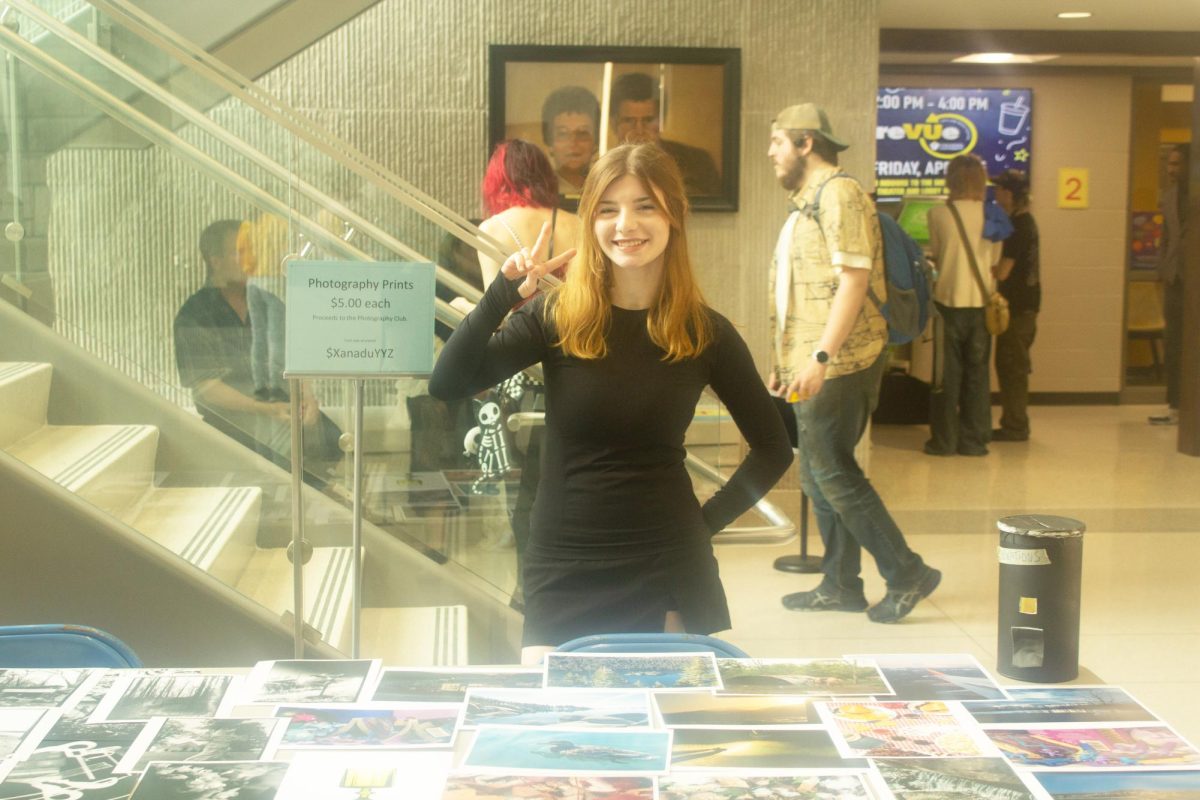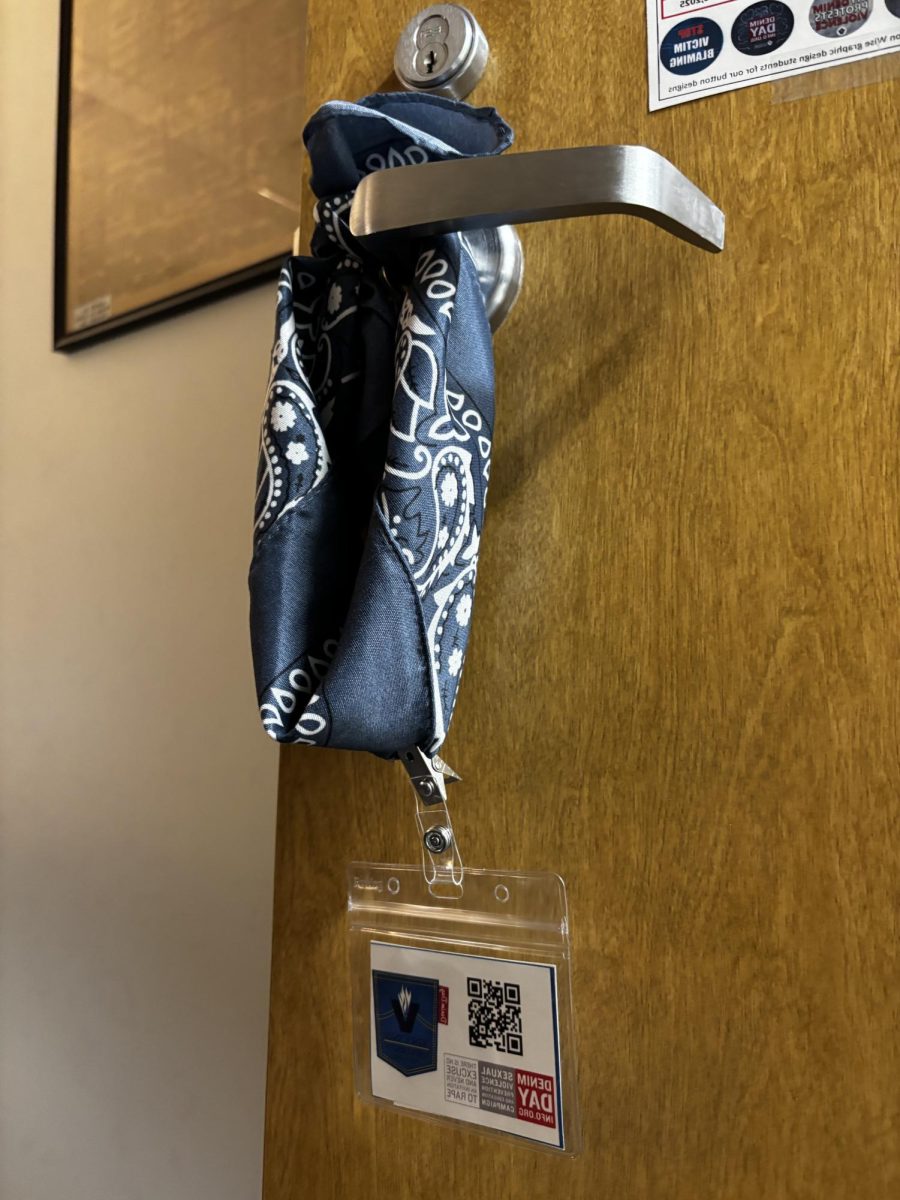UPDATE: VINCENNES IS NOW UNDER A HEAT ADVISORY, PER THE NWS, UNTIL 9 P.M. ON TUESDAY
Vincennes University is about to experience one of the hottest weeks of the summer.
Meteorologist Jason Puma with the National Weather Service In Indianapolis said that expected temperatures for Tuesday, Wednesday and Thursday will be in the upper 90s but feel like 100 degrees or more due to the excessive humidity.
Relief, however, is just about a week away.
“Come Friday of this week it will start to cool down to the lower 90s,” Puma said. “And temperatures will drop more over Labor Day weekend and the following week, to the mid-to-lower 80s.”
According to the Centers for Disease Control and Prevention, people can protect themselves from the excessive heat by staying in air-conditioned locations as frequently as possible and drinking plenty of fluids, even when you don’t feel thirsty.
During exceptionally hot weather, people are also encouraged to check on their friends, family, and neighbors to help them prevent heat illness. And people should schedule any outdoor activities carefully, avoiding the afternoons when temperatures are at their highest. Staying out of the direct sun is always a good idea, too.
If going outside is a must, then wear loose, lightweight, and light-colored clothing.
“It never hurts to wear sunscreen,” Puma said.
Always be mindful if running or walking outside, and take cool showers or baths, when necessary to cool off.
And never leave children or pets in cars.
The officials at the Indiana Department of Environmental Management (IDEM) have also declared an Air Quality Action Day in effect until late Tuesday.
Air Quality Action Days or AQADs are when ground-level ozone pollution or fine particulate matter could build to unhealthy levels in the outdoor.
According to the IDEM, “typical conditions for AQADs in Indiana are high temperatures approaching 80 degrees or above, clear skies, dry atmosphere, and calm to light southerly winds.”
Active children, adults, and people with respiratory diseases, such as asthma, should limit prolonged outdoor exposure.
The Weather Channel, via its website, recommends the public take such preventative actions as walking, biking, carpooling and/or using public transportation when possible.
Avoid using the drive-through at fast food restaurants, and try to combine multiple errands into one trip. Avoid refueling gasoline-powered lawn equipment during the AQAD until after 7 p.m., and turn off your engine when idling for more than 30 seconds.
People can also conserve energy by turning off lights or setting the air conditioner to 75 degrees or above.



